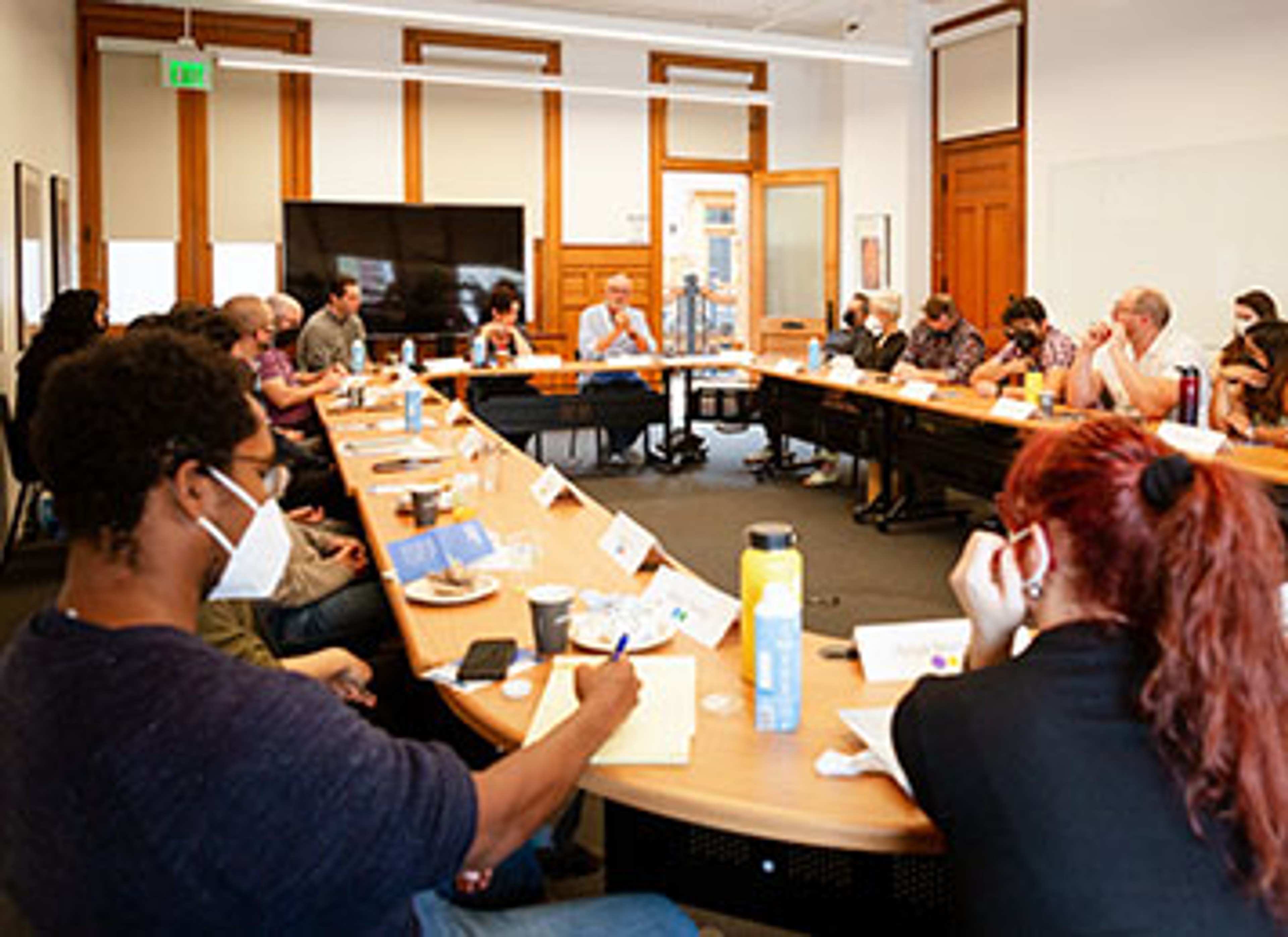Dominic Boyer
Dominic Boyer is an anthropologist who teaches at Rice University where he also served as Founding Director of the Center for Energy and Environmental Research in the Human Sciences (2013-2019). His most recent books are Energopolitics (Duke UP, 2019), which analyzes the politics of wind power development in Southern Mexico, and Hyposubjects (Open Humanities Press, 2021), an experimental collaboration with Timothy Morton concerning politics in the Anthropocene. With Cymene Howe, he made a documentary film about Iceland’s first major glacier (Okjökull) lost to climate change, Not Ok: a little movie about a small glacier at the end of the world (2018). In August 2019, together with Icelandic collaborators they installed a memorial to Okjökull’s passing, an event that attracted media attention from around the world. Boyer’s Berggruen USC Fellowship project, “Electric Futures,” focuses on efforts to decarbonize the global economy via greater electrification. In particular, Boyer is studying the new kinds of democratic and infrastructural politics that are coming into being around electricity initiatives.
